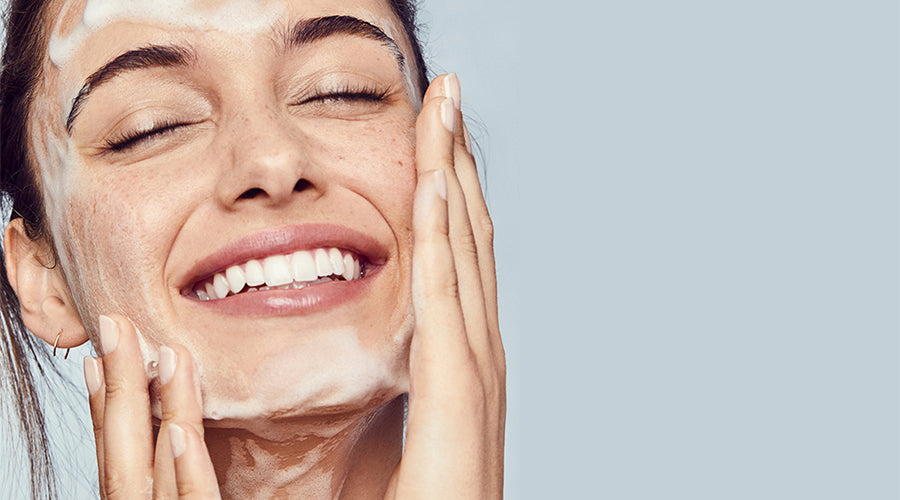Skincare Tips Before and After Shaving for Beauticians
For any beautician, understanding the nuances of skincare before and after shaving is essential. Shaving, while a common grooming practice, can often lead to skin irritation, dryness, and even breakouts if not handled properly. This is why a proper skincare regimen, both before and after shaving, is crucial in maintaining healthy and radiant skin.
Shaving is not just about removing hair; it's a process that can significantly impact the skin's health and appearance. Therefore, it's imperative for beauticians to guide their clients on the best practices for skincare to ensure smooth, irritation-free results. A well-rounded skincare routine not only minimizes the risks associated with shaving but also enhances the overall texture and glow of the skin.

Pre-Shaving Skin Preparation
Before diving into the act of shaving, preparing the skin is a vital step. This not only makes the shaving process easier but also helps in reducing the risk of cuts and irritation. A warm shower or a hot towel placed on the skin can open up the pores and soften the hair, making it easier to shave. Additionally, using a gentle exfoliator can remove dead skin cells, paving the way for a closer shave.
It's equally important to choose the right shaving cream or gel. These products are designed to create a protective barrier between the blade and the skin, reducing friction and the chances of razor burns. Look for products that contain moisturizing ingredients like aloe vera and chamomile, which help soothe the skin during the process.
Post-Shaving Skincare Routine
After shaving, the skin can become sensitive and prone to irritation. Therefore, a post-shaving skincare routine is crucial. Start by rinsing the skin with cool water to close the pores and reduce any inflammation. Pat the skin dry gently with a clean towel, avoiding any harsh rubbing which can further irritate the skin.
Applying an alcohol-free toner can help balance the skin's pH levels and reduce redness. Follow this with a soothing moisturizer that contains ingredients like shea butter or jojoba oil to replenish the skin's moisture barrier. For those prone to ingrown hairs, using a product that contains salicylic acid can help prevent them from forming.
Insights from Skincare Experts
Skincare professionals emphasize the importance of understanding individual skin types before choosing shaving products. For instance, those with sensitive skin should opt for fragrance-free products to minimize irritation. Additionally, keeping the razor clean and changing blades regularly can prevent bacterial buildup, which is a common cause of post-shaving breakouts.
For more insights on maintaining healthy skin, consider visiting Winter Skincare Tips or learn more about Skincare for Teenagers to adapt these practices for different clients.

Choosing the Right Products for Your Clients
For beauticians, recommending the right products is key to achieving optimal results. When advising clients, it's important to consider their skin type and any specific concerns they might have. From selecting the right shaving tools to choosing the appropriate skincare products, every detail contributes to the client's overall experience and satisfaction.
For a detailed guide on building a skincare routine, you can refer to Oprah Daily's Skincare Guide, which provides comprehensive information on essential skincare steps.
FAQs
Q: How often should one shave for optimal skin health?
A: The frequency of shaving varies depending on individual hair growth and personal preference. However, it's generally recommended to avoid daily shaving to prevent skin irritation.
Q: What are the best practices for preventing razor burns?
A: Using a sharp, clean razor and a suitable shaving cream can help prevent razor burns. Additionally, shaving in the direction of hair growth minimizes irritation.
Q: How can I reduce post-shaving redness?
A: Applying a cold compress immediately after shaving and using a soothing, fragrance-free moisturizer can significantly reduce redness.
For more tips on skincare routines, check out Face Serums and their effectiveness in enhancing skin health.
This article contains affiliate links. We may earn a commission at no extra cost to you.

